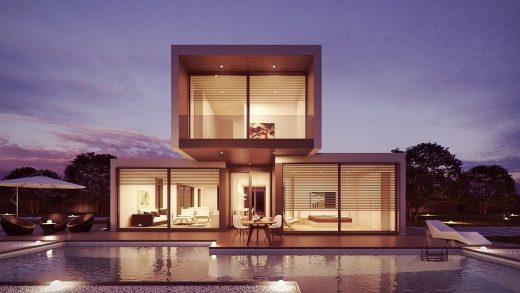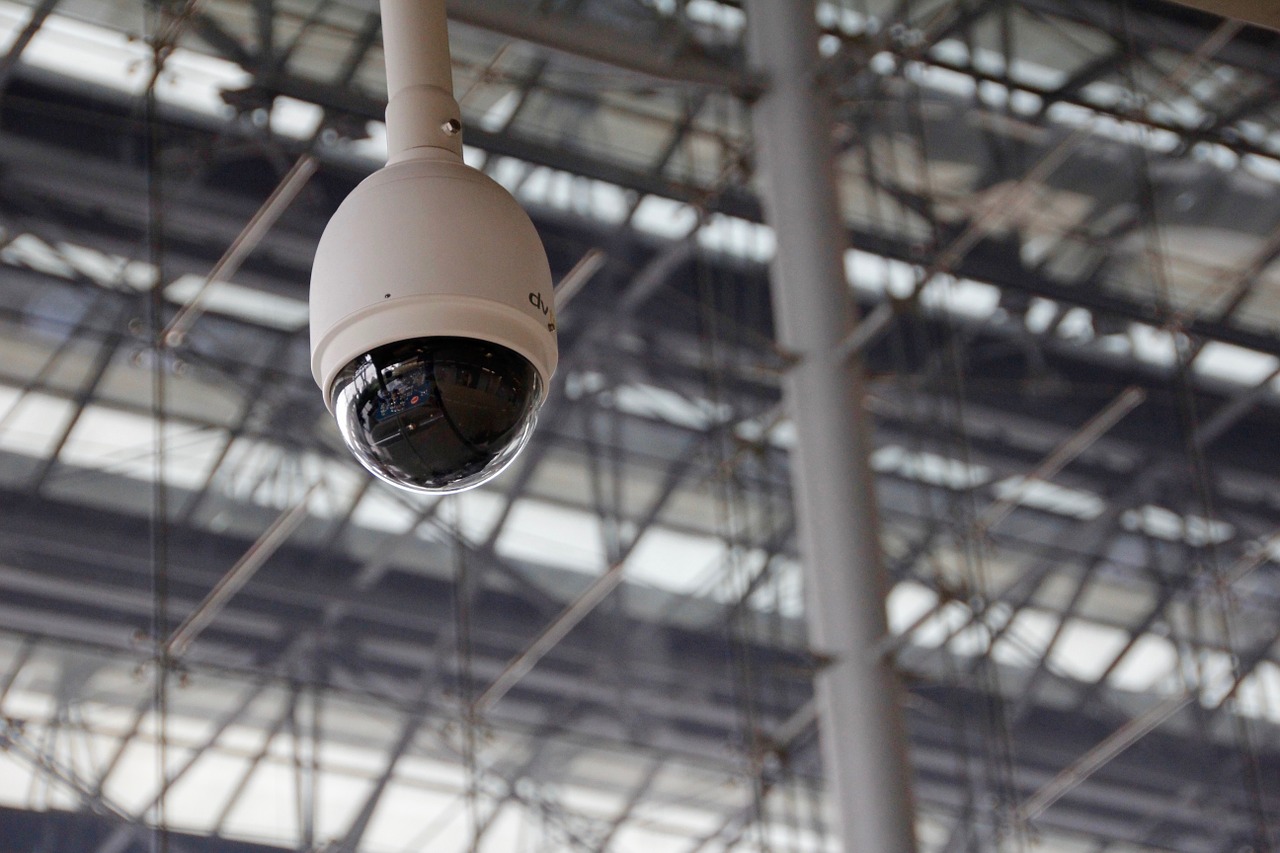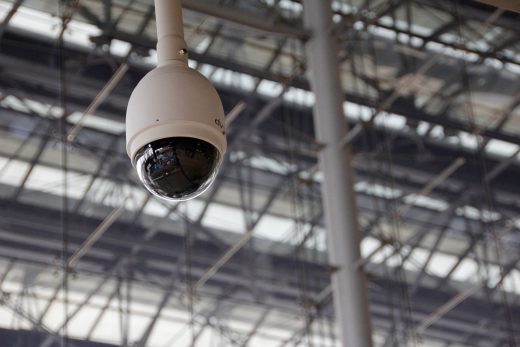Can architecture provide privacy Advice, surveillance Tips, Property Guide
In an age of surveillance, can architecture provide privacy?
5 Nov 2020
We’ve never been more watched than we are today. According to a report by HIS Markit, there are predicted to be over one billion surveillance cameras in use worldwide by 2021. And that’s just out on the streets – there are also hackers, malware and many other technological threats which can encroach on our right to privacy.
If governments aren’t acting on privacy concerns – and indeed, may actively promote surveillance measures in the interests of public safety – could architecture have the answer? Many industry experts believe so, but only if designers embrace technology rather than fighting against it.
Integrating counter surveillance tech in home and work spaces
Technology is one of the biggest privacy concerns of our age. As surveillance tech becomes more advanced, there are inevitably more ways it can be abused and exploited. For example, university researchers from the University of Leeds, University of Massachusetts and China’s Northwestern University recently developed a drone-mounted scanner able to detect people through walls. The scanner is designed for emergency aid work, but it’s easy to see how such technology could be used for less than noble purposes.
There are a number of sophisticated counter surveillance devices available to consumers, in order to protect against threats such as spying, illicit audio recordings and computer hacking. For example, RF (radio frequency) detectors, anti-virus software and encryption devices.
But what if this technology could be integrated into a building? Just the same way as carefully designed walls, ceilings and windows are traditional methods of protecting privacy, in-built counter-surveillance tech could protect occupants from audio and video surveillance.
The concept of integrated tech could work particularly well in workspaces too. In the DBR report ‘Designing for Privacy: Architecture in the Surveillance Age’, Elaine Rossall from the British Council for Offices (BCO) research committee explains:
“Architects are under an ever-increasing amount of pressure to design and deliver workplaces that are as respectful of the end user’s privacy as they are innovative, or beautiful,”
“The key to finding harmony between privacy, collaboration, optimal space utilization, and worker productivity is in embracing technology, and finding a natural purpose for it rather than shoe-horning it in for vanity’s sake.”
Designing for privacy in densely populated urban areas
Of course, technology isn’t the only thing encroaching on our privacy. Another key concern is the density of our cities, where millions of people live in densely built-up urban areas. According to UN data, it’s predicted that there will be an additional 2.5 billion people living in our global cities by 2050.
With space at a premium, how do we hold on to even a basic measure of privacy? This is where architecture really comes into its own. Designers need to find the right balance between high-walled terraces and windowless walls to retain privacy, and adequate light and ventilation for healthy living.
It’s certainly a challenge, but one that architects are increasingly building expertise in – as our cities grow in population, residential design solutions have no choice but to become more innovative.
Comments on this guide surveillance, can architecture provide privacy help article are welcome.
Security
Security Posts
Video intercom system for apartments
What are some of best home security products
Installing a home security system guide
Secure your home with intruder alarm systems
Building Articles
Contemporary Property Articles – architectural selection below:

image courtesy of article provider
Comments / photos for the In an age of surveillance, can architecture provide privacy advice page welcome






